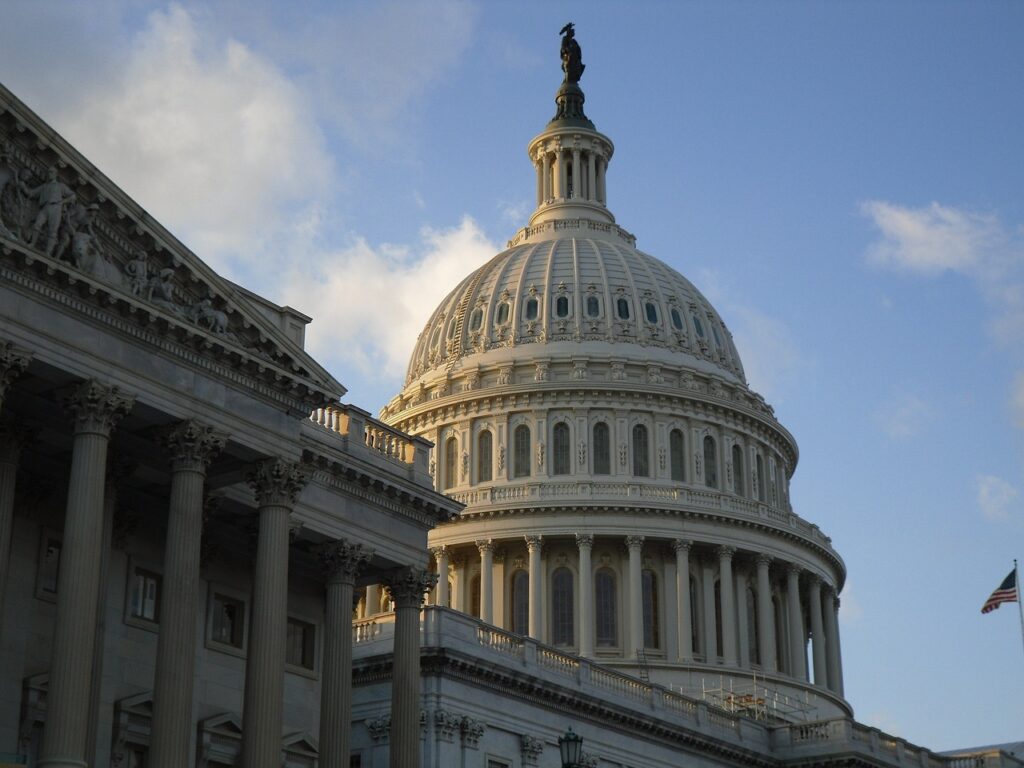Trump raises tariffs by imposing 25% duties on Canadian and Mexican imports and 10% on Chinese goods to pressure border security. Oil tariffs were lowered to 10% to prevent fuel price spikes. Economists warn of inflation risks, but Trump insists the move will strengthen U.S. industries.
New Tariffs Introduced to Pressure Trade Partners
President Donald Trump has signed executive orders imposing 25% tariffs on imports from Canada and Mexico and 10% on Chinese imports. His administration aims to pressure these nations to strengthen border security and reduce fentanyl smuggling into the U.S. These tariffs add to existing trade duties, making imported goods more expensive.
Trump justifies the decision by linking trade policies to national security concerns. The Trump administration argues that stricter trade measures will encourage better enforcement of border regulations. By increasing costs on imports, the U.S. hopes to push these countries to take stronger action on illegal migration and drug trafficking.
Oil Tariffs Lowered to Avoid Fuel Price Increases
To prevent rising energy costs, the White House reduced tariffs on Canadian oil to 10% instead of 25%. Canada and Mexico remain key crude oil suppliers, providing one-quarter of the oil processed by U.S. refineries. In 2022, Canada supplied 60% of U.S. crude oil imports, while Mexico contributed 10%, according to the U.S. Energy Information Administration.
Crude oil is essential for producing gasoline, diesel, and heating fuel, which directly affects household and transportation costs. Higher tariffs on oil could have led to increased fuel prices for consumers. By setting a lower tariff rate, the administration hopes to balance economic impact with trade penalties.
Economic Concerns and Trump’s Stance
Economists warn that tariffs typically increase costs and contribute to inflation, making goods more expensive for consumers. Businesses that rely on imports may face higher expenses, potentially leading to price hikes on essential products. Despite these warnings, Trump remains confident in his strategy.
“Tariffs don’t cause inflation. They cause success,” he stated. While acknowledging possible short-term economic disruptions, he believes the world will adapt and ultimately benefit. The administration insists that these measures will boost domestic production and strengthen American industries, even if they initially cause some financial strain.
